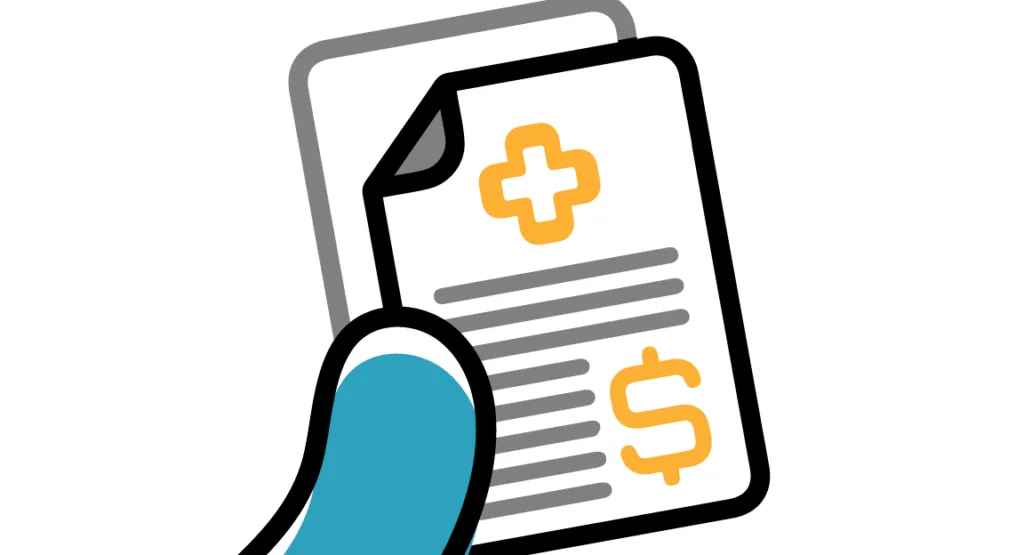What credit unions have known all along federal regulation may now agree: For too many years, medical debt and collections have weighed heavy on consumers and members credit scores.
Due to the rising price of medical care, newer high-deductible plans for insurance and inflation, medical debts have become a burden many of our members cannot help or erase. In fact, 58% of debts recorded in 2021 were for medical debt, according to the Consumer Financial Protection Bureau. Even worse, these collections affect 100 million US consumers or 41% of the adult population. Among the hardest hit areas for medical debt are in the deep south and southeast regions of the US in which many counties experience rates of 30%-40% of consumers with medical debt.
The debts negatively affect members credit scores although the CFPB also finds that medical debt, unlike other kinds, does not accurately predict a consumer’s creditworthiness. In fact, we’ve seen similar changes already on a smaller scale. Last year, the three largest credit agencies – Equifax, Experian, and Transunion – stopped including some medical debt on credit reports, as long as the bills were paid-off or less than $500.
If this debt or the collections thereof does not accurately predict a person’s creditworthiness or risk, why is it even included on the credit report?
That’s a question that’s being answered now as the Biden Administration enacts a plan to introduce federal rules barring medical bills from affecting consumer credit scores. Many credit unions already overlook or disregard medical debt or collections from their loan decisioning. And rightfully so considering members can and do budget for big purchases, payments and monthly costs but few budget for illness, accident or medical emergencies.
Unfortunately, even with great loan decisioning, many in our industry use risk-based pricing to decide loan rates, further hurting these members financially and costing them more each month due to the reporting of their medical debt.
Looking past just loan decisioning, consider the additional costs associated with low credit scoring. From insurance to utility down payments, these members will pay more out for the same services or products than others simply for healthcare-related reasons. The worse their score gets, the bigger the burden to pay for monthly services or to save up the required down payments. Many turn to alternative lenders like payday companies, finance companies and other high-rate lenders for help.
If enacted, the regulation under consideration could be great news not just for our members, but for our financial industry. Our members can save money on down payments with utility companies and get better insurance rates. They can get better loan rates, leaving more money each month for family, fun or what matters most to them. Further, we should see medical-driven bankruptcies fall further, much like it did from 2010 to 2016 when the Affordable Care Act took effect and bankruptcy rates dropped to nearly half. If it produces similar results, we may see fewer member bankruptcies, charge-offs, repossessions, and further improved credit scoring for our members.









